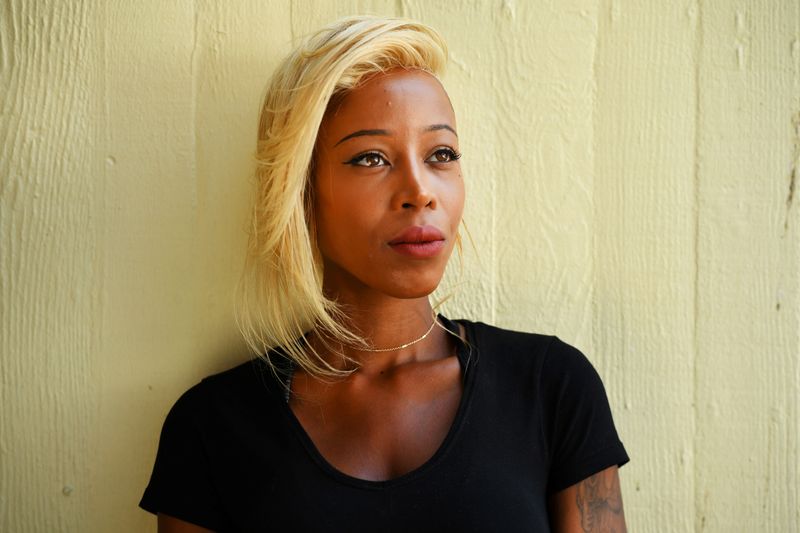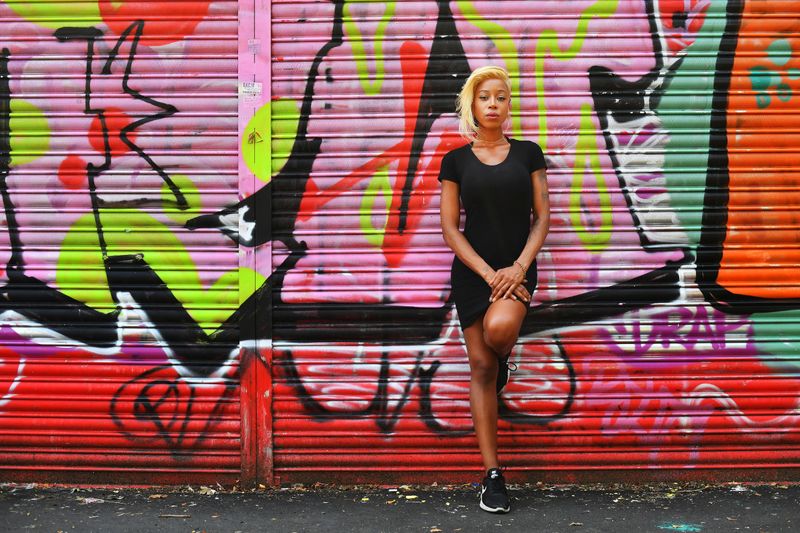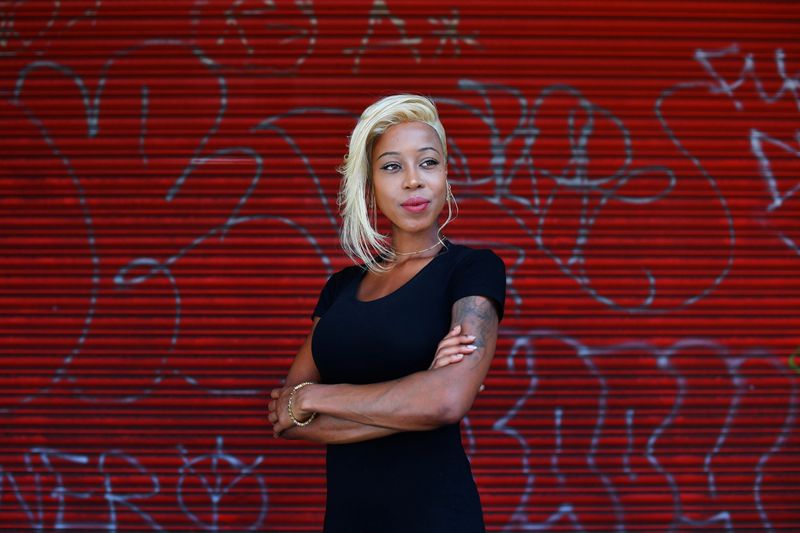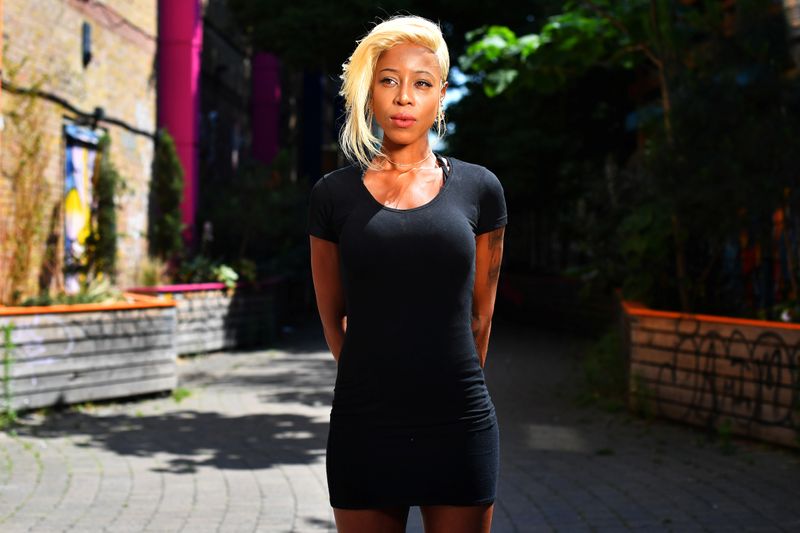LONDON (Reuters) – Those fighting for Black racial equality in Britain need to put realistic reform over dreams of revolution, said Imarn Ayton, an activist who has had a prominent role in protests that swept London in recent weeks.
The death of George Floyd, who gasped “I can’t breathe” as a white U.S. police officer kneeled on his neck, has prompted a reassessment of racism and triggered protests across the world.
But within Britain’s Black Lives Matter movement there are differing opinions over what to aim for and how to achieve it: some make more radical demands, like abolishing the police and capitalism, while others, like Ayton, favour more gradual reform.
“I want to achieve equality and justice for Black people,” Ayton, 29, told Reuters in Peckham, south London, where she has lived for 20 years. “I am very much focused on putting a spotlight on institutionalised racism – that is my main focus.”
Ayton is calling on the government to implement findings of a series of reviews on ethnic injustices including the Lammy Review of 2017. That looked into the treatment of ethnic minorities in the criminal justice system.
More radical in its stated aims is Black Lives Matter UK, which calls itself an “abolitionist movement” that does not believe in reforming the police, state or prisons. It says it wants to dismantle capitalism.
BLM UK is one of the more prominent groups using social media to raise funds and organise protests.
“BLM do not believe in reform. I do believe in reform,” said Ayton. “We do have to be united but we don’t necessarily have to agree on everything. We can have the same objectives but have a different approach.”
BLM UK did not respond to requests for comment sent via email and Twitter.
STATUES TOPPLED
Ayton, recognisable by her striking blond hair, has carried a loudspeaker and led chants at demonstrations across the capital, including from on top of a van.
She said racism affected every walk of British life from policing and politics to healthcare and the media.
“Institutionalised racism is very much alive because of silence and ignorance,” said Ayton, who is of Jamaican and Nigerian descent.
Britain, she said, had to face its colonial past, otherwise it would haunt society and sow discord for centuries to come.
One step of atonement would be for it to pay reparations for the slave trade, she said, suggesting London could start by paying off the debt of Caribbean countries.
“We appreciate a ‘sorry’ of course but I don’t believe it is enough. I do believe in reparations,” Ayton said, adding that slave traders were compensated when the trade was abolished but slaves were not.
She would like to see statues of slave traders moved to museums but said there was no reason to remove a statue of Winston Churchill as he had done much for the United Kingdom even though he expressed what are now considered racist views.
So what statues would she like to see?
“I would put up a lot of people who were slaves – they are ultimately heroes,” Ayton said.
(Writing by Guy Faulconbridge; Editing by Mike Collett-White)






















